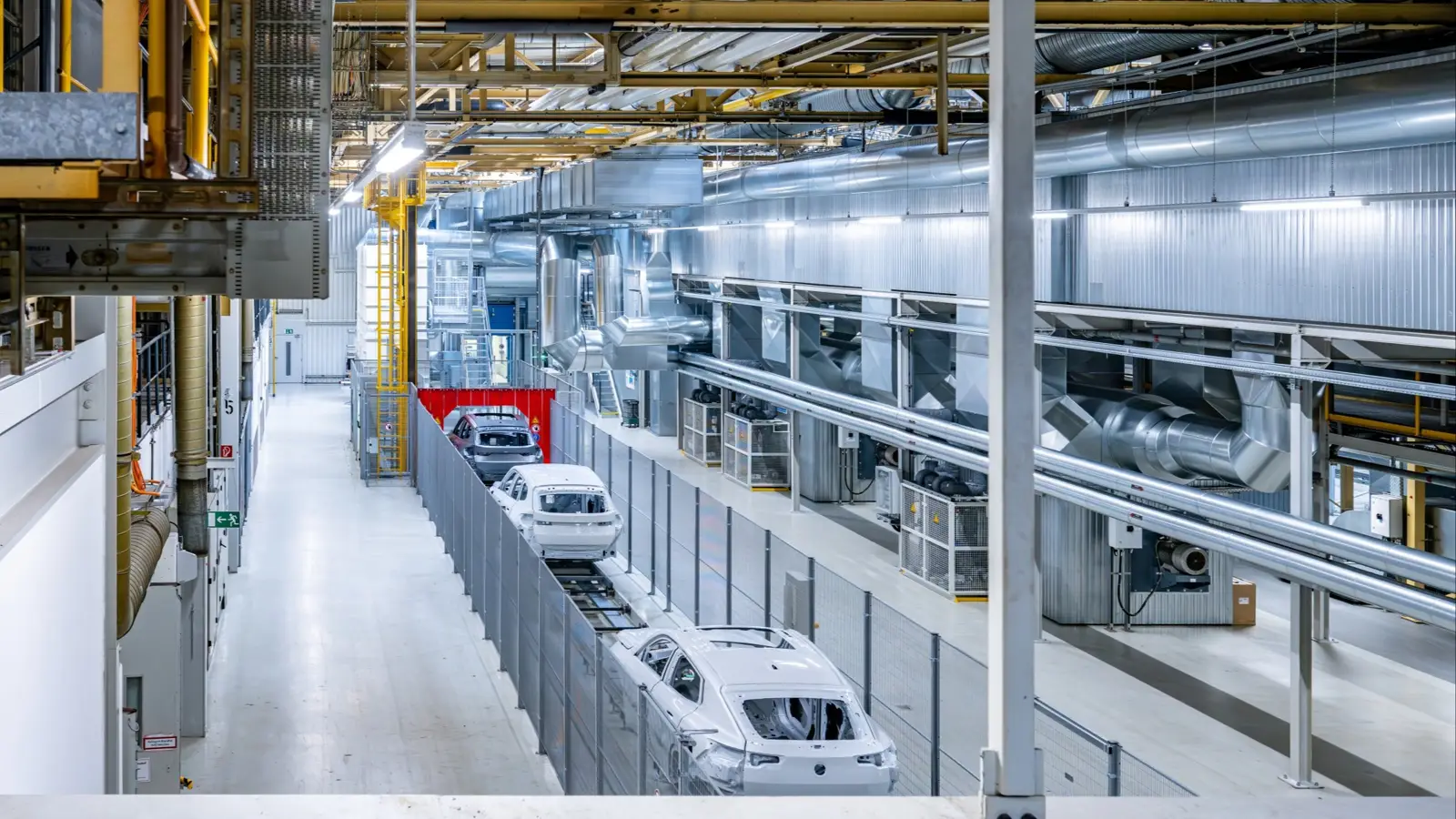BMW Regensburg introduces thermal oil technology for sustainable paint shop operations

BMW’s Regensburg plant tests thermal oil heating, enabling a faster transition to renewable energy and reducing CO2 emissions by 480 tons annually.
BMW Group is advancing its journey toward decarbonizing vehicle production by introducing new technologies to its paint shops. At the Regensburg plant, a pilot project has been completed, marking a significant step toward moving away from natural gas to renewable energy sources. The centerpiece of this transition is a thermal oil system that allows flexible heat management and quick switching between various energy sources, including electricity, solar and geothermal power, or even hydrogen-based heating systems.
While the local power grid is not yet ready to support a fully electrified paint shop, the new technology enables the facility to prepare for a future run entirely on green energy. In case of supply disruptions, the system can temporarily revert to gas, making the production process more resilient and secure.
During the New Year production break, engineers swiftly replaced traditional gas-fired drying equipment with an electric thermal oil system operating in a closed loop, combined with an innovative electric-powered eRTO exhaust air unit. This system cleans exhaust air using only electricity, heating ceramic layers to around 1,000°C. Much of the heat is recovered and reused, reducing the energy required for operation.
The retrofit has already reduced overall energy consumption of the drying process by about 40%, with an estimated annual reduction of 480 tons of CO₂ emissions. The solution allows flexible energy supply management and improves production efficiency.
In addition to the thermal oil system and eRTO, the Regensburg plant is equipped with a fully automated painted surface inspection process. Using advanced cameras and artificial intelligence, it detects the smallest imperfections, while robotic systems repair them automatically. This ensures consistent paint quality and reduces the need for manual finishing.
The innovations tested and deployed in Regensburg, including flexible energy systems and digitalized quality control processes, are seen as a foundation for scaling similar technologies across other BMW plants. This approach is expected to accelerate the company's transition to more sustainable and eco-friendly vehicle production in the coming years.
Mark Havelin
2025, Aug 06 12:35


